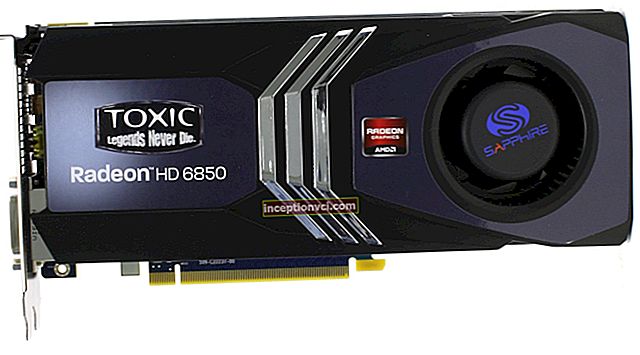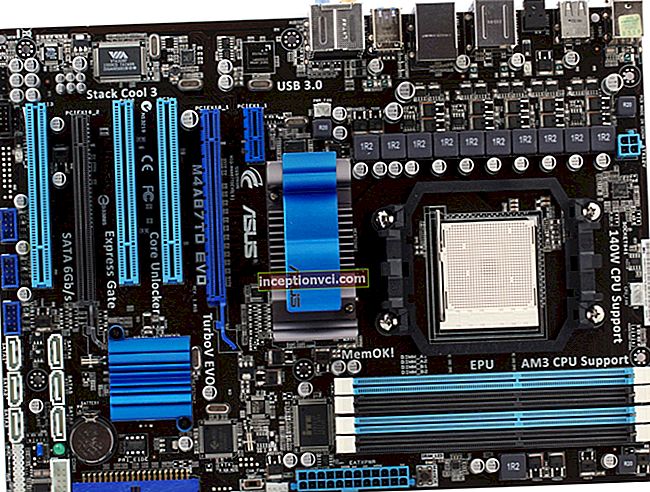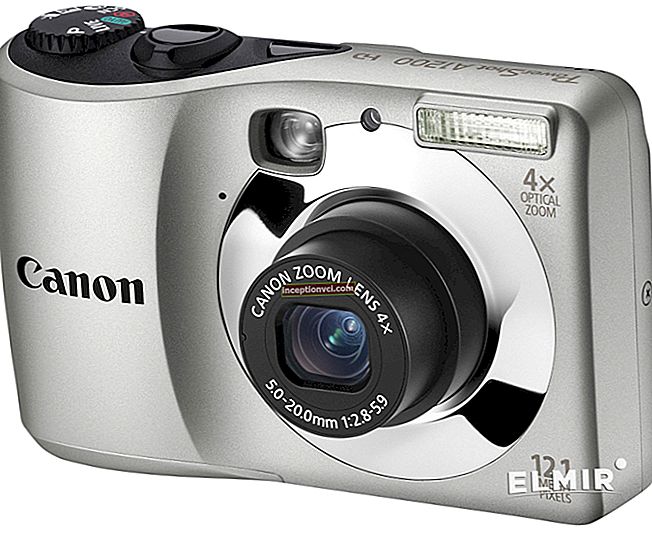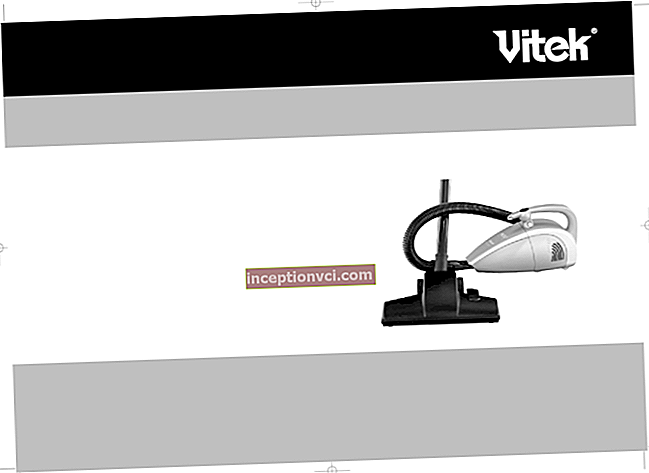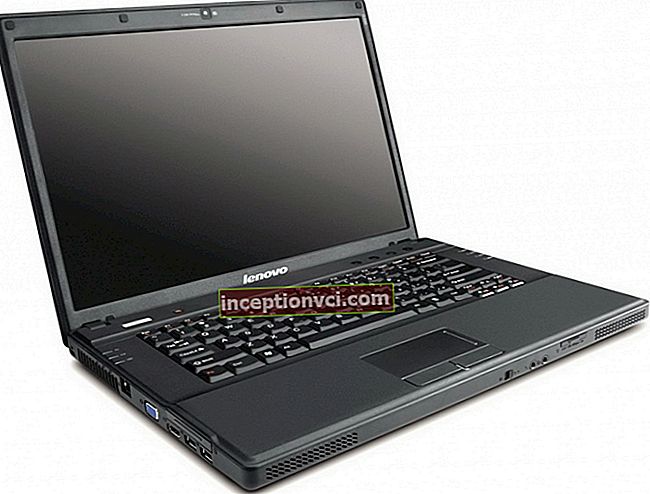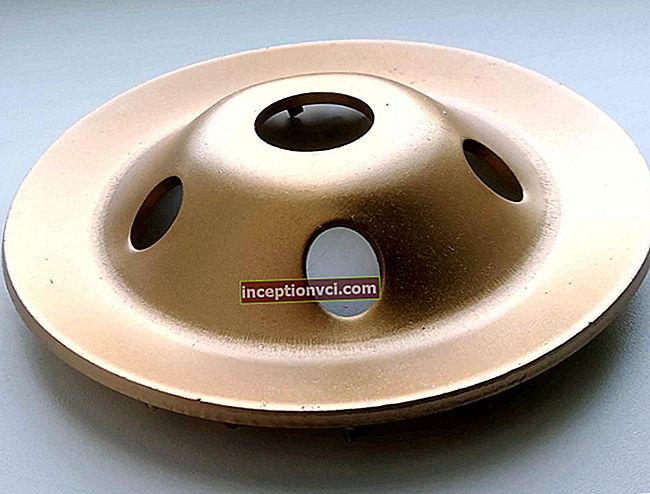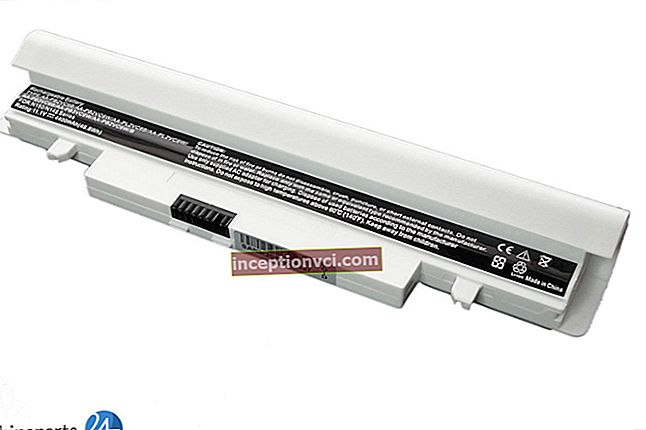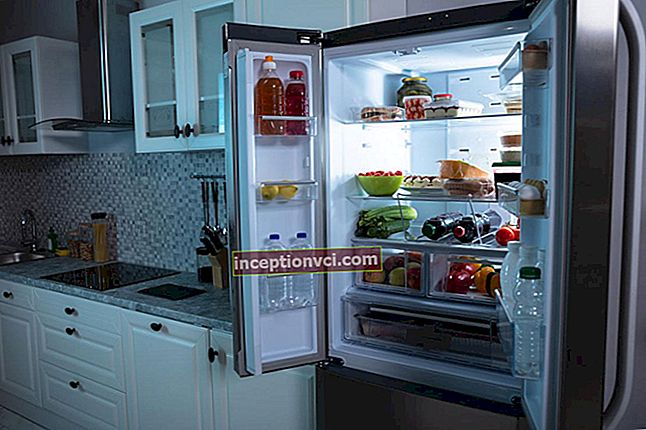Do Lithium Ion Batteries Have a Memory Effect?
Yes, but it is much weaker than that of nickel-metal hydride storage devices. Therefore, Li-ion batteries must also be fully charged.

For reference: "memory effect" is a decrease in the capacity of a battery due to its incomplete charging.
Why is it already charged when I buy a lithium-ion battery? Is this so that you can check it right away?
A 50-70% charge of a Li-ion device is optimal for its storage. This is a "factory setting" and is used by manufacturers to protect the drive from loss of capacity during storage and normal use thereafter.
Why do I need to fully charge and discharge my phone immediately after purchase?
Charging your phone several times to 100% and discharging it to 10% (but not completely!), You will increase the accuracy of displaying the charge of its battery.

I read that you shouldn't completely drain your battery. Why?
Complete discharge of the source reduces its service life. When discharged to zero, it loses its capacity, and the duration of its work on one charge is reduced. The optimal discharge level is 10%, the critical one is 5%.
A friend advised me to discharge my lithium-ion battery as much as possible once every three months. Why is this needed?
Indeed, manufacturers of Li-ion batteries advise to discharge it to a minimum level (5-10%) every three months. This contributes to the accuracy of the device reading the drive charge. If it is constantly recharged from a partially discharged state, then its filling starts to be displayed with an error.

Can I use my camera with a lithium-ion battery in winter? And how will frost affect it?
Manufacturers do not recommend using Li-ion at temperatures below freezing. As practice shows, they work normally in frost down to -20 ˚С, but each such use negatively affects the duration of their service.
How does heat affect such a battery?
The upper temperature threshold for a Li-ion battery is +40 ˚С. Manufacturers do not recommend allowing it to overheat, as this will shorten the life of the device.
On the Internet, it is advised to recharge the battery more often, even if it is not completely discharged. Why is this needed?
To reduce the depth of its discharge, which affects the duration of "life". Charging the drive at a 20% discharge rate will double its usage time compared to charging from zero.

I was advised to keep the lithium-ion battery in the refrigerator. What is it for?
Low temperatures slow down self-discharge. But it makes sense to do this only when storing without recharging for more than six months.
Can a lithium-ion battery be stored for a long time if I am not using it?
Interesting article: "How to restore a rechargeable battery: 3 Xtar charges to help"
The main condition for storing a Li-ion battery is its partial charge. The higher the charge level, the lower the storage capacity will be after its "deconservation", and, consequently, the shorter its service life will be. With a charge level of 40-50% and a temperature of about +15 degrees Celsius, you can store a Li-ion battery for a year without losing capacity.

